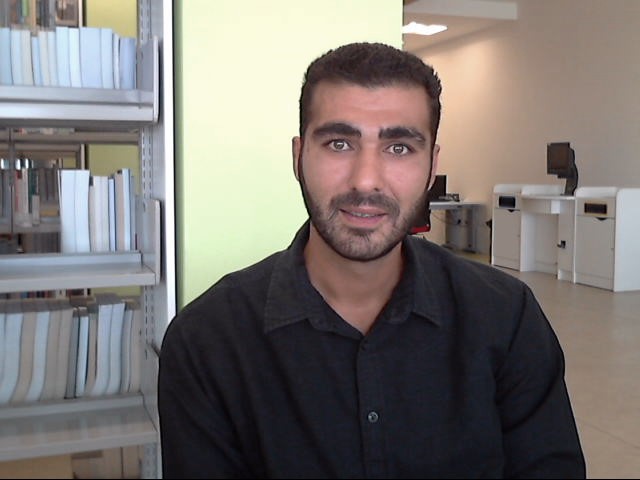Available for September Entry
The MSc Forensic Psychology is a unique programme designed to prepare students for numerous diverse or specific careers within the general context of the Criminal Justice System. The programme is built around the fundamental theoretical, methodological and applied areas of Forensic Psychology.
In terms of the programme philosophy, the MSc Forensic Psychology reflects the academic skills underpinning the application of psychology to a forensic setting. It provides a strong emphasis on the application of Forensic Psychology in professional practice and how theoretical concepts are applied. Furthermore, the programme attends to victims and offenders. With regard to the latter, it follows the progression of an offender from their first contact with the criminal justice system until their eventual release into the community and/or transfer to conditions of less security. Attention is given to the victim and pre-trial issues (including civil justice). The role of on-going assessment, intervention and through-care are emphasised throughout the curriculum.
To foster professional growth, the programme places a strong emphasis upon developing professional report writing and presentation skills, methodological rigour, research expertise, independent learning and critical thinking. To facilitate this, students will be exposed to a learning and research environment that is rich in mentoring opportunities from members of the programme team with academic and/or practical forensic experience.
Within the programme, students have the option to take the practical experience module, which includes 1000 hours of supervised practical training.
Click here to download the latest factsheet.
Course Videos



















